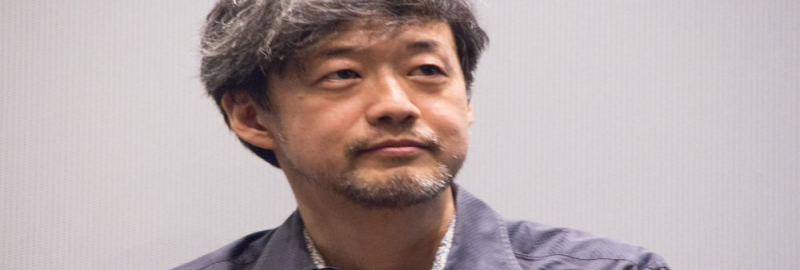
Takashi Yamazaki, celebrated for his work on Godzilla Minus One, has returned with a fresh kaiju narrative that takes an unexpected route. This novella of a film, veering away from traditional long-form storytelling, presents a lighter, more satirical tone than Yamazaki's previous endeavors. Within the brief runtime, chaos unfurls in Tokyo as citizens are seen fleeing an unseen menace, soon revealed as a monstrous entity coined 'Foodlosslla,' ingeniously fashioned from heaps of discarded produce.
The revelation that a staggering 2.44 million tons of annual household food waste might have given rise to Foodlosslla provides a thought-provoking commentary on societal issues. Despite the efforts of a determined trio armed to confront the menace, their attempts prove futile, leading to a compelling message that implores the audience to consider their culinary habits. Specifically, it suggests employing creativity and seasoning in cooking to mitigate food waste, highlighting the one-minute and 22-second production's role as a clever advertisement for Ajinomoto, a Japanese food conglomerate.
Yamazaki, previously acclaimed for Godzilla Minus One—a poignant narrative set against the backdrop of post-war Japan and focusing on a kamikaze pilot grappling with survivor's guilt—has once again showcased his storytelling prowess. His recent work, though markedly different in tone and scale, continues to draw in audiences worldwide, much like his box office success.
Adding to Yamazaki's accolades, the director recently clinched the Oscar for Best Visual Effects with Godzilla Minus One, marking a historic moment as the inaugural non-English language film to win in this category. This achievement places Yamazaki among a select group of directors, a feat not seen since Stanley Kubrick's win for 2001: A Space Odyssey in 1969.
This fresh take on the kaiju genre not only entertains but also delivers a poignant message on environmental consciousness, further demonstrating Takashi Yamazaki's versatility and creative vision. As he continues to push the boundaries of storytelling, Yamazaki solidifies his status as a visionary director in contemporary cinema.

Leave a comment
Your comment is awaiting moderation. We save your draft here
0 Comments